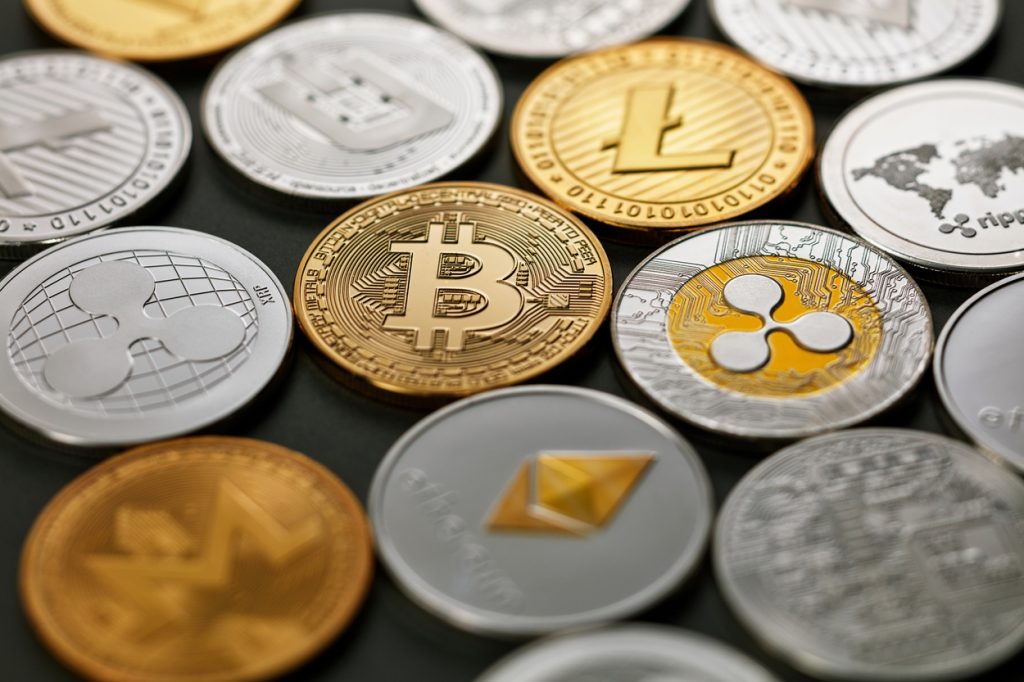The United Arab Emirates has long been a center for business in the region, and some may see it for the world.
This is partly due to its business-friendly climate and partly due to its natural resources and geopolitical impact. Lately, the UAE has been looking to take the leading position in crypto as well.
Traditional finance businesses based in the UAE are turning to crypto payments as a part of a wider and global trend. It goes to show that the public attitude towards crypto has changed and that it’s now widely accepted in areas that were skeptical towards it.
Cryptos Already in Use
At this point, crypto isn’t widely used in the UAE. About ten percent of the citizens use it as currency. They are mostly used to make transactions with businesses based abroad and as a way to finance activities frowned upon in the country. Some of the best crypto casinos are based in offshore zones, and UAE citizens use crypto to make online bets.
In the recent couple of years, there has been clear growth in public interest in cryptos. The ten percent that are using them now represent a 51 percent increase compared to just a year ago. There’s also a 68 percent increase in daily trades made in crypto.
Where the Growth is Taking Place
There’s an interesting duality in UAE development that’s noticeable in the finance industry, tourism, culture, and, lately, the approach to crypto. Dubai was considered to be the epicenter of crypto development, and most of the exchanges and crypto businesses were based in the city.
However, Abu Dhabi is also rapidly attracting attention in the crypto sector. The capital and the largest city are, therefore, competing for the spot of the crypto hub for the region.
The Two-Step Approach to Legislation
In order to help businesses adapt to the use of crypto, the UAE government has taken a two-step approach to legislation. The first one is to use the regulatory agencies to expand the regulations governing traditional finance to digital assets wherever possible, and the second is to write new legislation for crypto specifically.
The new regulations are mostly about creating a free-trading area and a supportive, independent regulatory authority. For Dubai, that’s the Dubai International Financial Centre (DIFC), a tax-free zone that is foreign-owned. For Abu Dhabi, it’s the offshore Abu Dhabi Global Market (ADGM), which has been operating since 2015.
Creation of Virtual Asset Regulatory Authority
UAE also created a separate government agency to deal with crypto assets, in particular, the Virtual Asset Regulatory Authority. The agency will monitor and regulate the founding and running of crypto-related businesses, including exchanges.
This decision was welcomed by the business community, even though it may seem businesses wouldn’t be wild about more regulations. Having an agency specially dedicated to crypto means that there’s order in the industry and that the government is ready to set up the playing field in a way businesses can follow and adapt to.
Which Cryptos are accepted?
As soon as the system was put in place, the agency started to accept bids from cryptocurrency exchanges to allow trading in the UAE.
Recently, DIFC approved Toncoin and added Ripple XRP to its recognized list of tokens, joining Bitcoin, Ether ETH 0.0%, and Litecoin to the list of cryptos traded in the UAE. These are the most widely used cryptos, and it’s enough to have an interesting crypto market, but there’s still a lot of work to be done to create a robust market like the ones in the West.
Using Cryptos as Currency
At this point, the UAE doesn’t treat cryptocurrencies as legal tender, and even the businesses, such as crypto casinos that use them in this manner, don’t do so. This is not uncommon, and many countries that are pro-crypto still don’t treat it as legal tender, including the use of encryption.
It’s also widely noticed that cryptos are rarely used simply to make purchases other than in online activities that benefit from privacy. For most users, the speculative nature of crypto is the main reason for using it. Therefore, it’s a financial asset more than a replacement for fiat money.
NFTs
An additional approach to crypto trending emerged in the last couple of months, and it’s applicable to the UAE financial sector as well. Crypto NFTs have now been approved by the proper agencies in several countries, and UAE traders are joining the trade as well.
NFTs work similarly to traditional investment funds, and their value depends on the value of a crypto asset. Therefore, investors can buy crypto NFTs in the stock market and benefit from the rise of crypto without having to purchase any crypto coins. This development also shows that traditional business institutions in UAE and abroad are changing their attitude towards crypto.
The Outlook
UAE has grown tremendously in the last couple of decades, and the financial sector is especially important for that growth. A similar pattern is expected to repeat when it comes to a growing crypto industry. The government will use its resources to allow crypto investments, and the market will do the rest.
The industry is also debating exploring blockchain applications and Web 3-focused free zones. The outlook for adopting crypto in UAE is very optimistic, with plans to catch up with the Western markets and quickly surpass them.
To Sum Up
In conclusion, the United Arab Emirates is embracing the future of finance by turning to crypto. With increasing public interest, supportive government regulations, and the involvement of cities like Dubai and Abu Dhabi, the UAE is positioning itself as a leader in the crypto world. Although crypto is not yet widely used as currency, the rise in trading and investments shows a shift in attitudes.
As regulations continue to evolve and new financial products like NFTs gain traction, the UAE’s traditional businesses are proving they can adapt and thrive in the crypto space. The future of crypto in the UAE looks bright.
